- The Bottom Line Up Front
- Pricing At a Glance
- What Does Each Platform Do Well?
- Where the Differences Start to Matter
- Total Cost of Ownership: The Accountant’s View
- Implementation and Developer Friendliness
- Edge Cases That You May Want To Consider
- What About Compliance From State to State?
- Support, Help Docs, and the Learning Curve
- When I’d pick NotaryLive
- When I’d pick OneNotary
- Advice If You’re Still on the Fence
- Final Verdict
Last Updated on October 1, 2025 by Ewen Finser
Alright, let’s talk about something that is somewhat new to me, and probably is to you, too. This year, I ran across Remote Online Notarizations, which are something I’d never heard of before. It’s sort of like DocuSign but for notarizations. It takes no time, is easy, and overall, I was super impressed with it. You can get everything you need done in minutes with RONs.
I run an accounting practice that lives or dies by paperwork: engagement letters, bank forms, affidavit-style statements, lien waivers for construction clients, title and real-estate docs, and the occasional power of attorney. When my bookkeeper, who has her notary license, is out of office, I’ve used online notarization to keep files moving without dragging clients down. I’ve tried many of the platforms out there, but today I want to cover two of the heavy hitters that I have found myself leaning into, and those are OneNotary and NotaryLive.
The Bottom Line Up Front
Both OneNotary and NotaryLive are capable remote online notarization (RON) platforms with 24/7 access and straightforward per-session pricing. You’ll get legally valid notarizations, audit trails, and identity checks either way. For my workflow as a CPA, where I need predictable costs, clean team controls, and simple client hand-offs, OneNotary edges ahead by a nose on business features and implementation options. NotaryLive remains a solid, easy pick for one-off notarizations and small teams that want long document storage baked in.
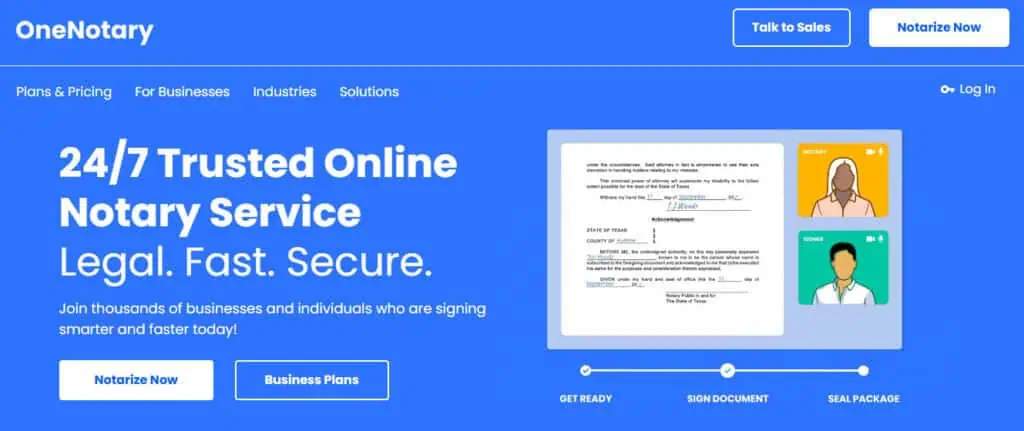
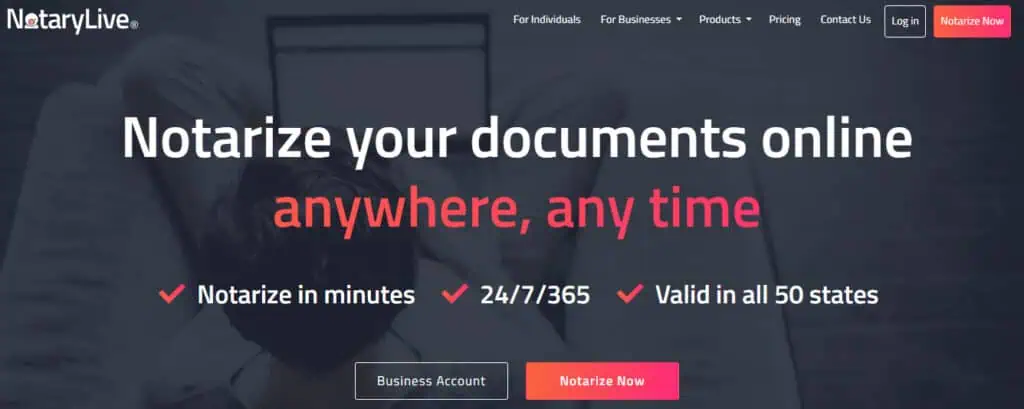
Pricing At a Glance
As a penny pincher accountant, let’s get into one of my favorite topics when discussing software. What’s all this gonna cost me!? Luckily, both platforms publish clear prices for individuals. Business tiers add features and lower per-session costs.
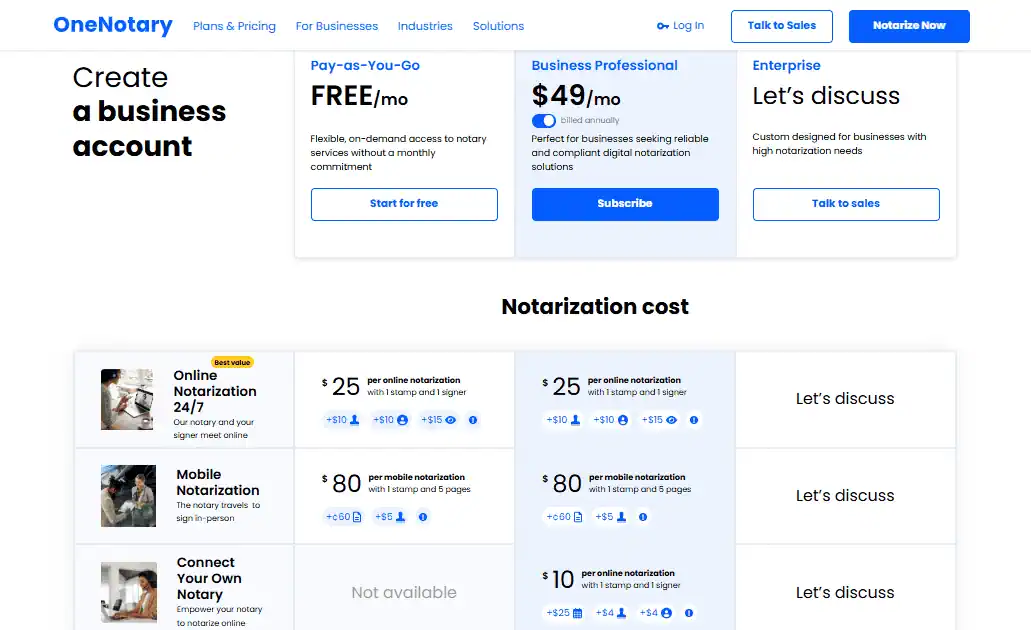
- OneNotary (Individuals): Online notarizations start at $25 per session. When you factor in the lost time and fuel costs of driving around town to meet up with a notary, you’ll find it to be a cheap alternative.
- OneNotary (Business): A “Business Professional” plan is $49/month. You’ll receive unlimited storage, custom branding, API access, team seats, biometric verification, and other options like Remote Form I-9 with E-Verify. The site also offers pay-as-you-go and custom enterprise options. Additionally, it’ll be $25 per notarization with this business plan.
- NotaryLive (Individuals): $25 per session on a basic/pay-as-you-go plan. They include the first 25 pages and 10-year document storage, and charge $5 per additional signer and $5 per additional 25 pages. OneNotary has similar, additional costs for individuals.
- NotaryLive (Business): $59/month business tier with $23 per session, templates, AI-powered tagging, centralized dashboard, and the ability to facilitate sessions for others. There’s a Business Premier tier with volume discounts.
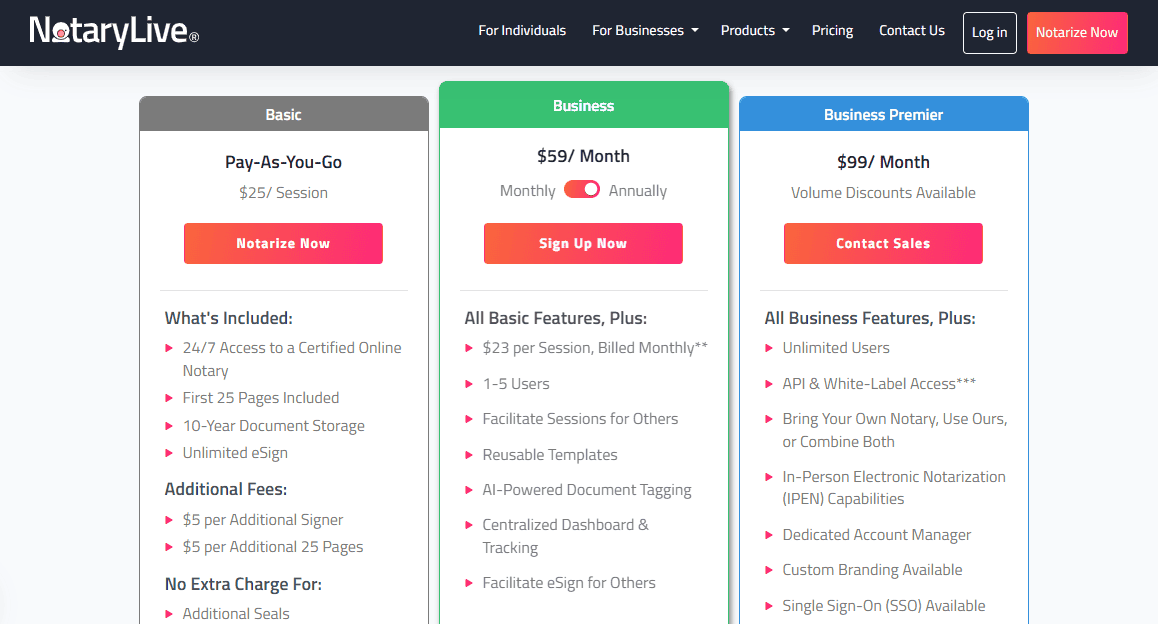
How this hits my budget: If you only notarize a handful of documents each year, both are cost-neutral: $25 is $25. If you notarize regularly, team features and per-session discounts matter more than the monthly fee. In my shop, the time saved through templates, routing, and branded client flows often swamps a $49–$59 subscription difference.
What Does Each Platform Do Well?
From a CPA’s seat, both platforms cover the RON essentials:
- 24/7 access to a commissioned online notary.
- Identity proofing and secure, recorded video sessions (standard in modern RON).
- Electronic records and an auditable trail.
- Simple client experience: share a link, they verify identity, join the session, sign, and download.
Both market compliance-minded messaging. NotaryLive leans into RON for law firms and compliance awareness in its blog; OneNotary’s site is feature-forward about business workflows.
Where the Differences Start to Matter
1) Storage and Retention
- NotaryLive advertises 10-year storage even at the basic level. That’s generous and clear.
- OneNotary has 7-day storage on individual plans but unlimited storage on the Business Professional tier. In other words, if you’re a firm, you’ll likely be on a business plan anyway, which includes long-term storage.

My take: For firms, both meet long-term retention needs once you step into business plans. If your use is truly ad-hoc without a subscription, NotaryLive’s long storage window is a perk.
2) Team Controls and Roles
- OneNotary Business’s plan highlights unlimited team members, custom branding, connect your own notary, and REST API access, among other perks.
- NotaryLive Business enables 1–5 users on the base business plan, with templates, session facilitation, and an administrative dashboard. Their Premier tier adds volume pricing but fewer public details on advanced developer features.

My take: Both offer the option to assign roles and permissions to your team members, but with OneNotary offering unlimited members and a ton of perks, I’m leaning in favor of OneNotary for this topic.
3) Page Counts, Extra Signers, and “Gotchas”
- NotaryLive spells out pricing add-ons: first 25 pages included; $5 per additional 25 pages; $5 per additional signer; no extra charge for more seals.
- OneNotary’s consumer pricing is flat per session for one stamp and one signer; extra services like mobile notarization cost additional. The feature list focuses less on a la carte add-ons and more on team and workflow capability in terms of business pricing.
My take: If your documents are long or involve multiple signers, the nickel-and-dime math matters. NotaryLive’s transparent add-on table helps forecast costs. OneNotary’s business plan structure can be simpler once you’re inside a subscription (and often that’s where frequent users land in my experience).
4) Integrations and API
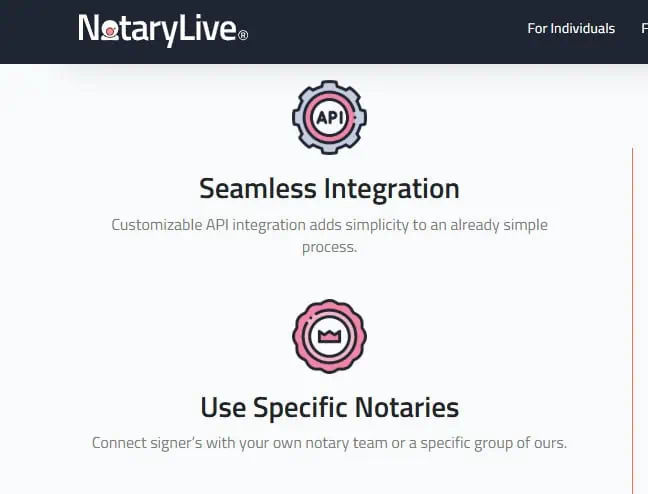
- OneNotary prominently lists a REST API, custom integrations, custom workflow, and out-of-the-box integrations (e.g., Clio), along with Remote Form I-9 + E-Verify, which is useful for HR and onboarding.
- NotaryLive’s public pricing page focuses on operational features (templates, AI tagging, dashboards). It doesn’t foreground developer docs or named integrations, so discussion with a salesperson is necessary to see what this platform offers in terms of API integration.
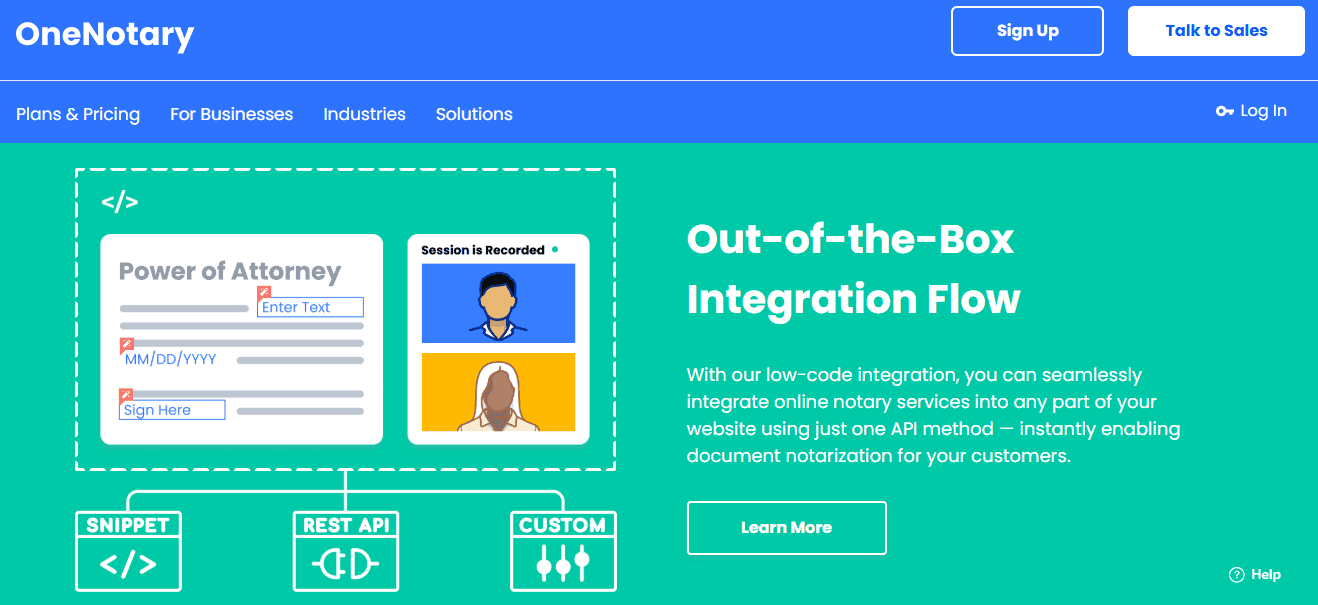
My take: If you want to build notarization into an app, client portal, or internal workflow, OneNotary’s published API posture and enterprise-friendliness are comforting. I don’t love guessing about integration paths.
5) The Client Experience
My staff judges a platform on the path from “client receives link” to “notarized PDF lands in our DMS.”
- Sign-in & KBA: Both platforms run identity checks that feel standard. I’ve had fewer client questions when the interface is clear about “what happens next.” Both hit that mark.
- Error handling: The scenarios that cause friction are the usual suspects, such as expired IDs, mismatched names, or clients on ancient hardware. Neither vendor can wave those away.
- Templates: NotaryLive and OneNotary both support templates; NotaryLive explicitly calls out reusable templates and AI-powered document tagging on Business plans, which is handy for repetitive packets.
My take: For one-off clients, both are smooth. For recurring packets (banking forms, lien waivers, contractor affidavits), templates and routing save time. I give NotaryLive a small nod for publishing that AI tagging note; OneNotary balances with broader workflow customization for business.
6) Compliance Signals
As a CPA, I’m not only thinking about state notary rules, I’m thinking about the paper trail and my exposure if a bank or auditor asks questions later.

- RON legitimacy & recognition: Both platforms position themselves as compliant, and industry lists include both NotaryLive and OneNotary among recognized RON providers.
- Recordkeeping: NotaryLive’s stated 10-year storage is comforting for auditors who like long trails. OneNotary’s unlimited storage on business tiers eases the same concern.
- Form I-9: OneNotary highlights Remote Form I-9 with E-Verify. That’s interesting for employers navigating remote hires and the DHS framework.
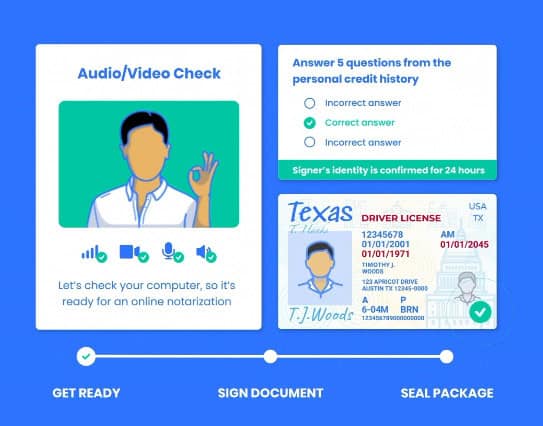
My take: Both clear the bar for standard RON use, and it’s a pretty high bar! If HR onboarding is in scope for your firm or your clients, OneNotary’s I-9 mention is a real differentiator.
Total Cost of Ownership: The Accountant’s View
Per-session price is only part of the story. Here’s what changes the math in practice:
- Staff time: Templates, bulk sending, and simple “facilitate for others” flows reduce the back-and-forth. NotaryLive emphasizes those workflows in the Business plan; OneNotary does too, but pairs it with more integration control.
- Client friction: The fewer steps and the clearer the prompts, the fewer “what do I click?” calls my admin fields. Both are fine here, but OneNotary has the superior UX, making it easy for my clients to navigate.
- Retention & retrieval: If I can find a notarized doc in seconds, it saves headaches if I forgot to save it down on my local drives. Both perform this task extremely well.
- Hidden add-ons: Long documents or extra signers may tilt costs on NotaryLive unless you’re on a plan that makes those marginal fees negligible.
Verdict on TCO: If you run a firm or a business unit that sends a steady stream of notarizations, OneNotary’s business features can drive lower all-in costs as you scale. If you’re only notarizing now and then but want long storage without a subscription, NotaryLive’s basic plan structure is hard to beat.
Implementation and Developer Friendliness
This is where I separate “tool” from “platform.”
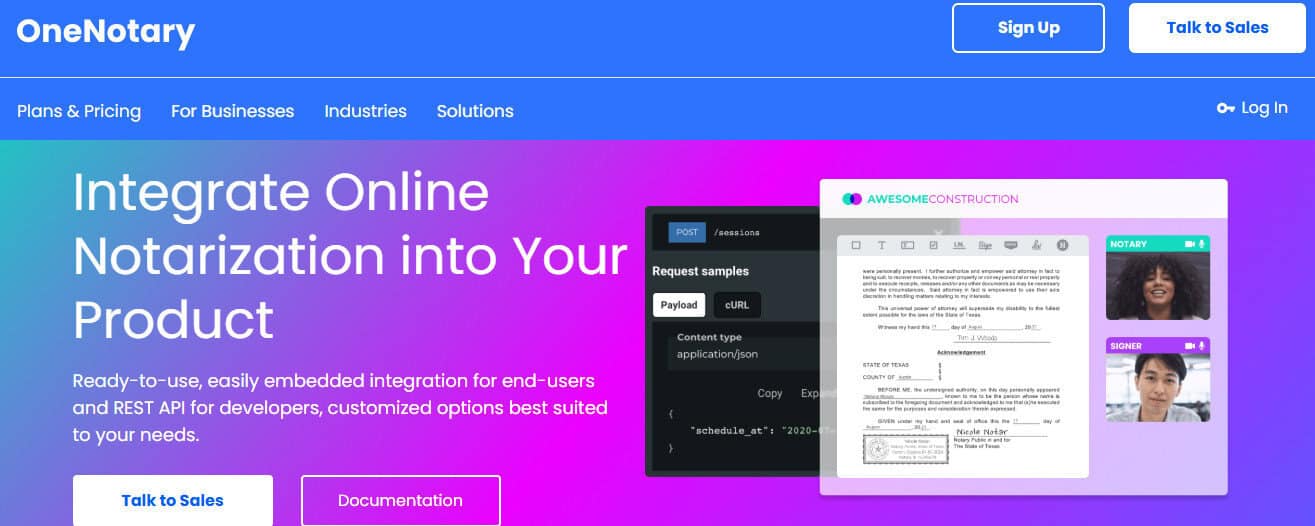
- OneNotary markets REST API, custom integrations, custom workflows, and named integrations like Clio right on its business pricing page. For me, that signals a vendor comfortable being part of a larger stack like client portals, intake systems, or construction project management tools.
- NotaryLive positions team usability well (AI tagging, dashboard, templates), but I don’t see the same level of API emphasis, which makes me hesitant to say that NotaryLive would hit its stride with API integration. That doesn’t mean it lacks an API; it means I’d need a sales call or deeper docs to confirm the shape of it.
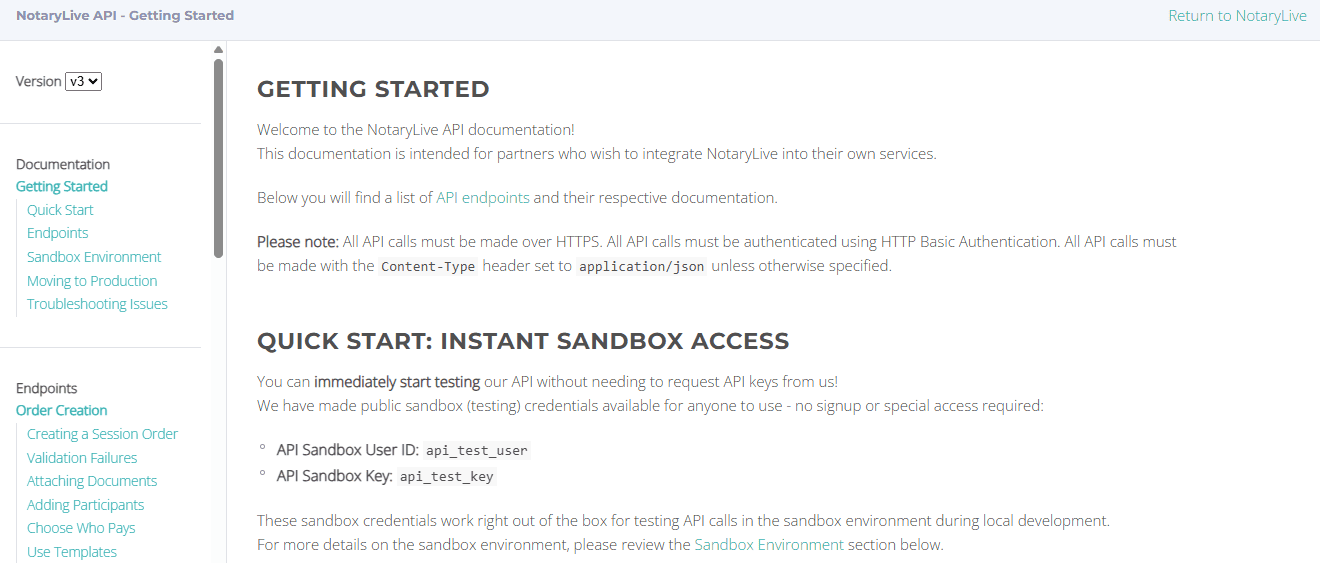
CPA reality check: If you’re content running notarizations “next to” your existing systems, both work. If you’re building a repeatable, branded client flow or seeking SSO, webhooks, or a fully embedded experience, I lean toward OneNotary because the integration path is more visible up front.
Edge Cases That You May Want To Consider
- Multi-signer contractor affidavits: The per-signer fee on NotaryLive basic can matter. On OneNotary Business, I care less about nickels and more about throughput.
- Large PDFs (drawings, addenda): NotaryLive’s first 25 pages included is fine; beyond that, budget a few dollars. For construction clients where packets can balloon, predictability matters.
- HR onboarding (I-9): OneNotary’s E-Verify call-out is a convenience play if I’m advising clients with distributed teams.
- Client-pays model: I sometimes prefer pushing the $25 to the signer; OneNotary’s “signer pays” option is super useful for me to push costs to clients!
What About Compliance From State to State?
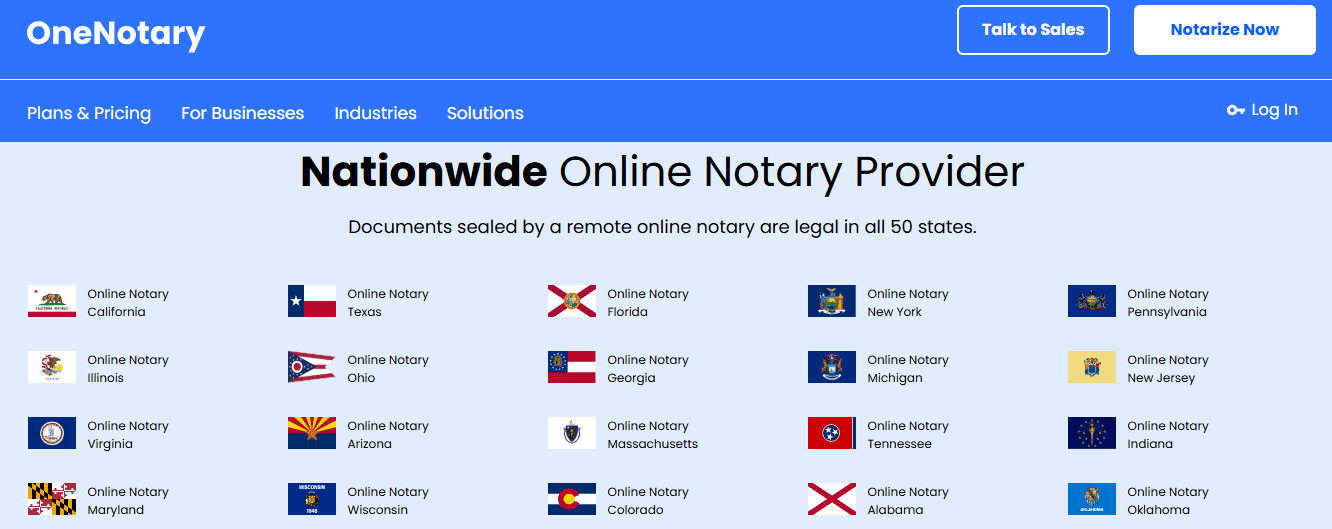
RON rules are state-specific, but the short version is: these platforms operate within state frameworks and keep up with the patchwork. Basically, either platform is safe and legal to use. I can have a Notary from Florida notarize my document in Louisiana, and it be recognized in Arkansas with no problems.
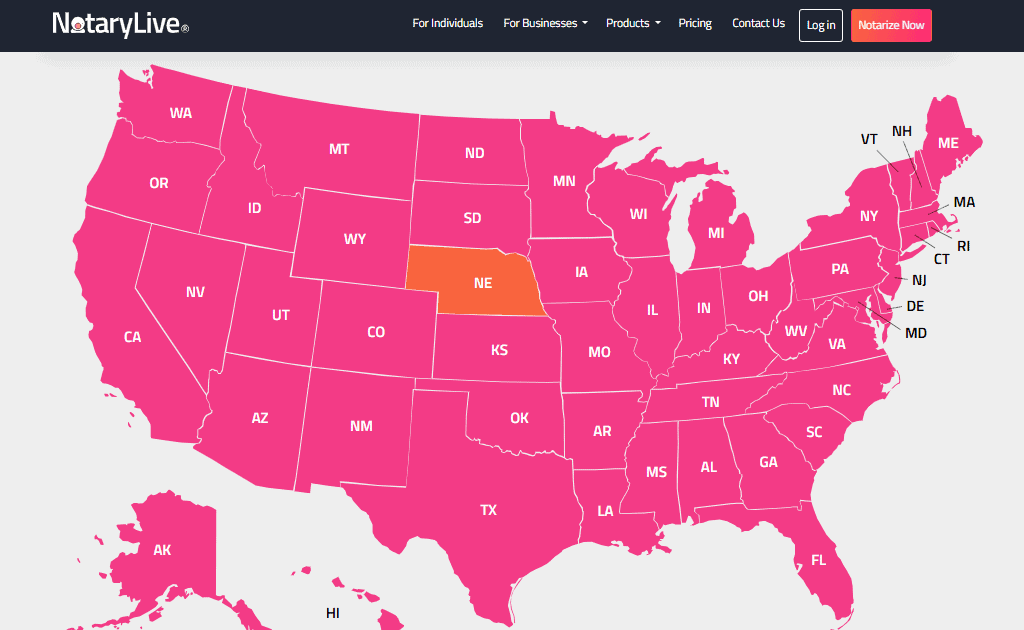
Support, Help Docs, and the Learning Curve
I onboard staff with a 30-minute run-through and a training session. That’s enough on either platform. The more your work repeats (same forms, same signer flow), the more you benefit from things like saved templates, clear dashboards, and consistent links you can drop into client emails.
NotaryLive visibly leans into those operational helpers on its Business tier. OneNotary counters with unlimited team members and custom branding that can make your firm look cohesive to clients.
When I’d pick NotaryLive
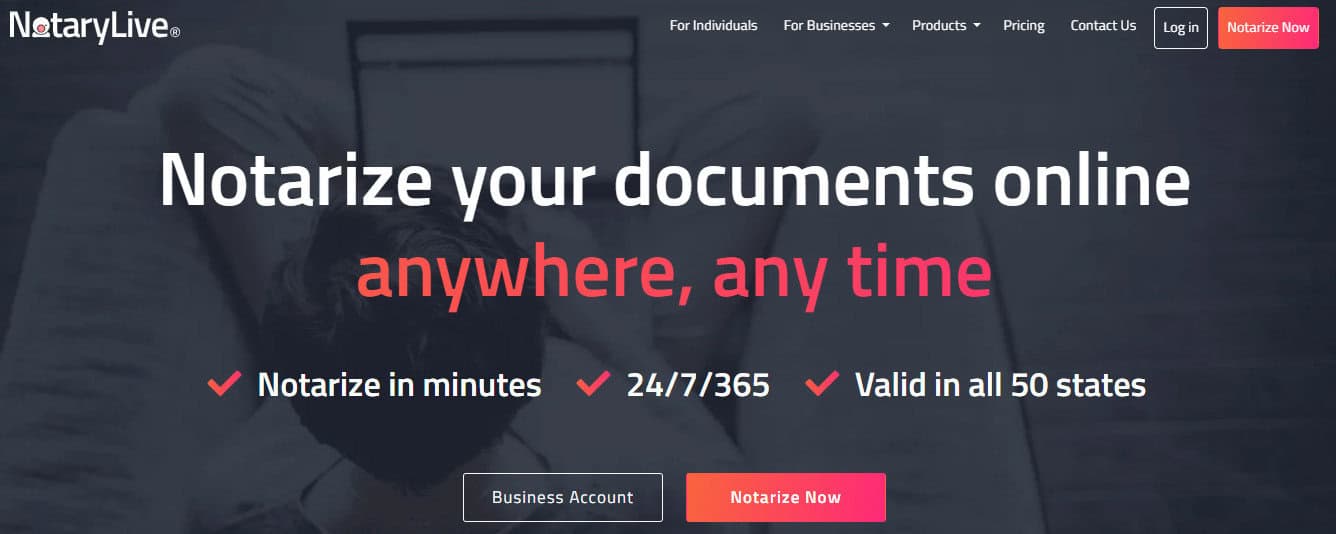
- You’re not ready for a subscription, but you want long storage baked in for occasional notarizations.
- Your documents usually land under 25 pages, and you rarely need extra signers.
- You value templates and a centralized dashboard with minimal setup and don’t plan to integrate into a custom tech stack right now.
When I’d pick OneNotary
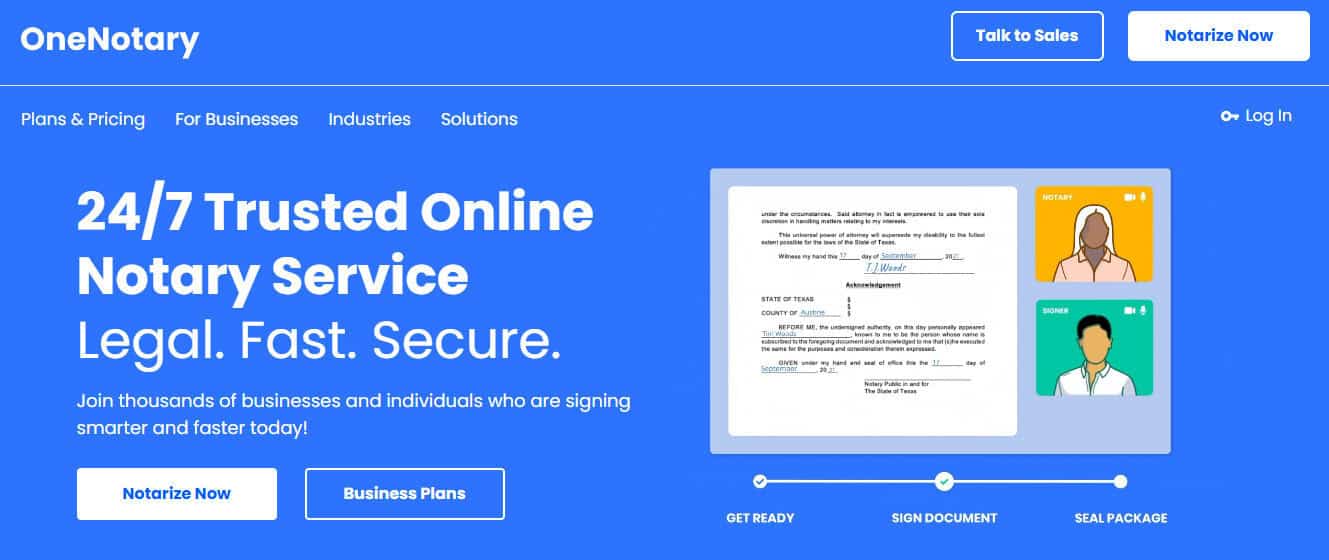
- You run a firm or business where notarization is a weekly or daily event, and you want team seats, custom branding, and unlimited storage on a business plan.
- You want to connect your own notary, or you anticipate scaling across departments and users.
- You need or expect API access, custom workflows, or integrations (e.g., Clio) and like seeing those options explicitly supported before the sales cycle.
You’ll benefit from extras like Remote Form I-9 with E-Verify and the signer-pays setup to reduce internal billing friction.
Advice If You’re Still on the Fence
- Count sessions, not vague needs. Pull the last 3–6 months of notarizations and calculate realistic monthly volume.
- Map your edge cases. Multi-signer packets and long PDFs can skew costs; line them up with each vendor’s pricing. How often are these documents actually coming across your desk?
- Decide on integrations now, not later. If you might even embed notarization in a portal, pick the platform that makes that path clear (I lean OneNotary here).
- Run two real pilots. Do the same packet on both platforms with a friendly client and a skeptical one. Measure support tickets, completion time, and final file quality.
Choose the tool that reduces questions from clients and clicks for staff. For my firm, that has been OneNotary.
Final Verdict
- NotaryLive is a clean, transparent option for individuals and small teams. Its $25 session price, 10-year storage on basic, and simple add-on schedule make it easy to predict the bill. The Business plan adds helpful team features and $23/session pricing that suits steady but moderate usage.
- OneNotary is a business-friendly platform that scales. The Business Professional tier’s unlimited storage, unlimited team members, custom branding, connect your own notary, REST API, and options like Remote Form I-9 with E-Verify give operations-minded firms room to grow and integrate. The per-session cost still starts at $25, so you’re not paying a premium for basics.
My pick for a professional firm: OneNotary, by a slim margin. The business features and integration posture match how I run a CPA practice: templatized, delegated, and increasingly automated. If you’re solo, do a few notarizations a year, and want long storage without a subscription, NotaryLive remains an excellent, low-friction choice.

